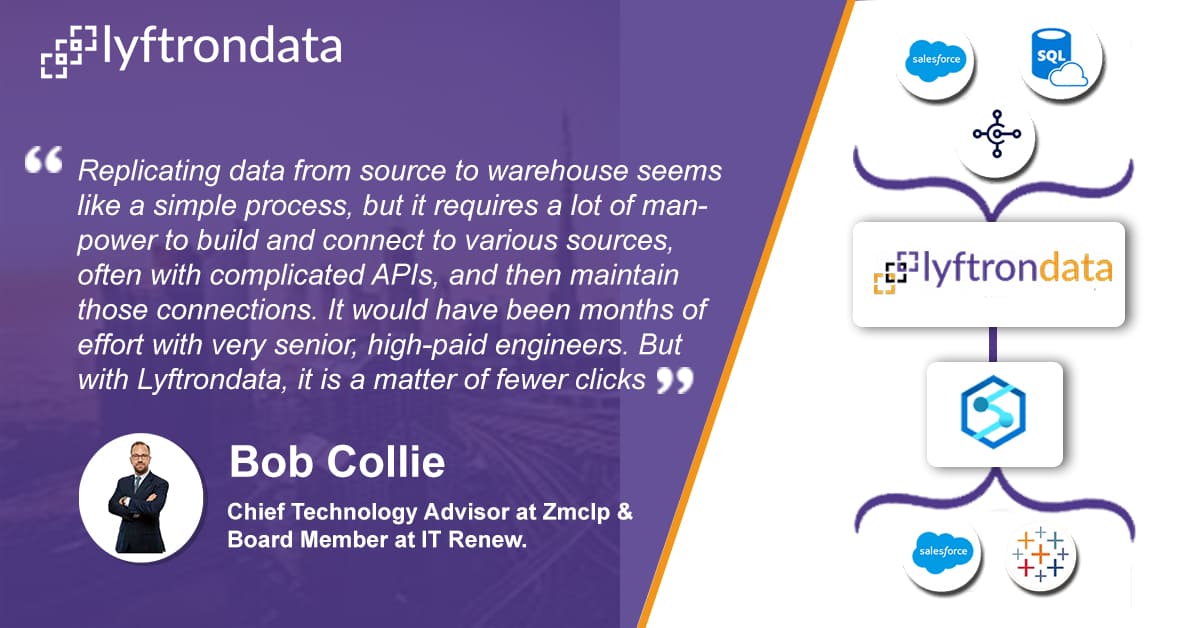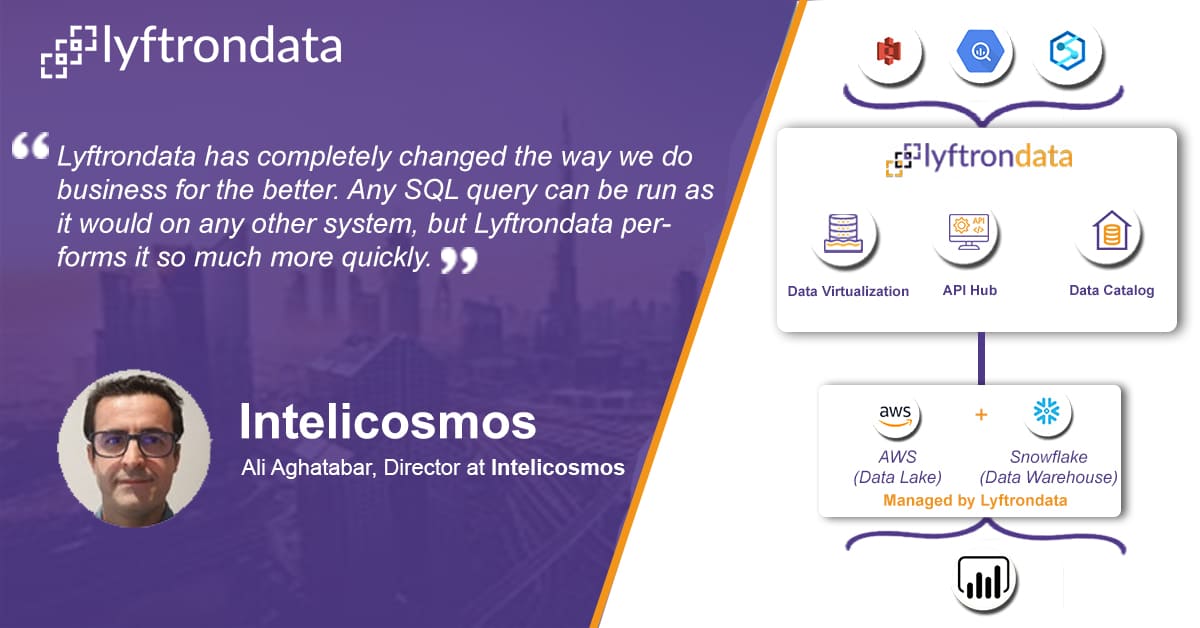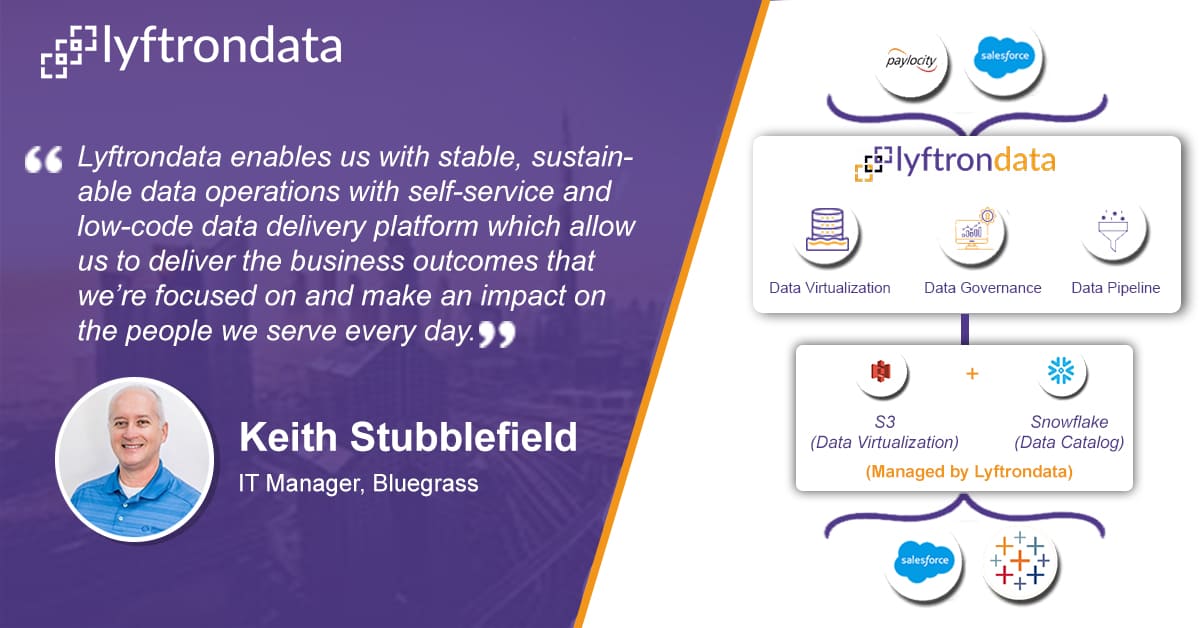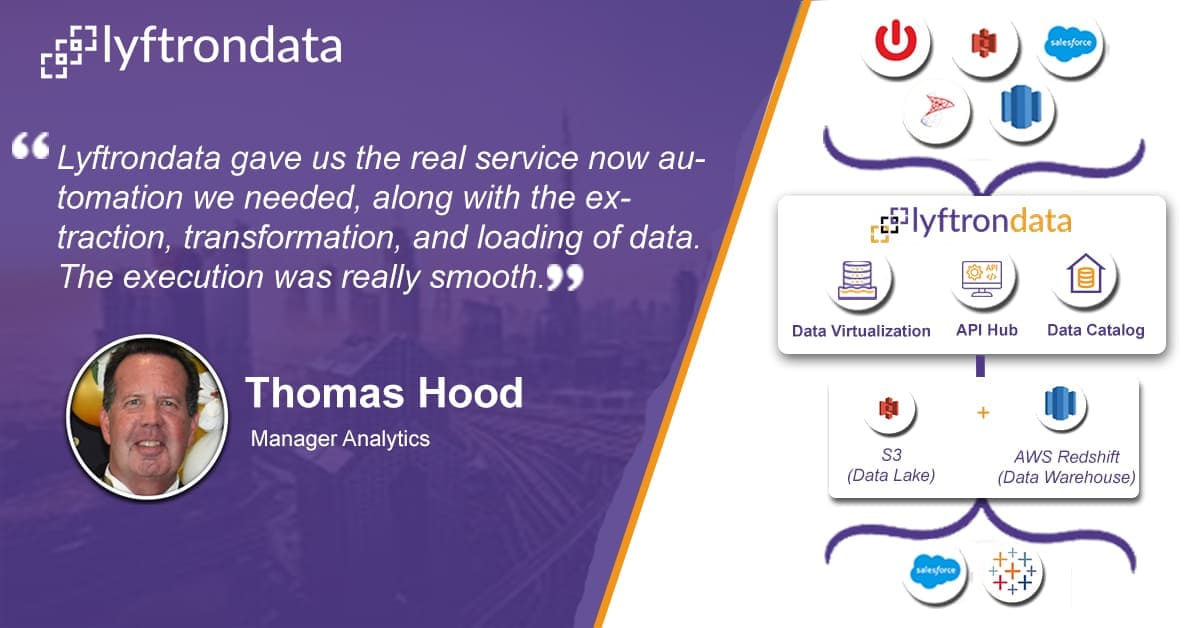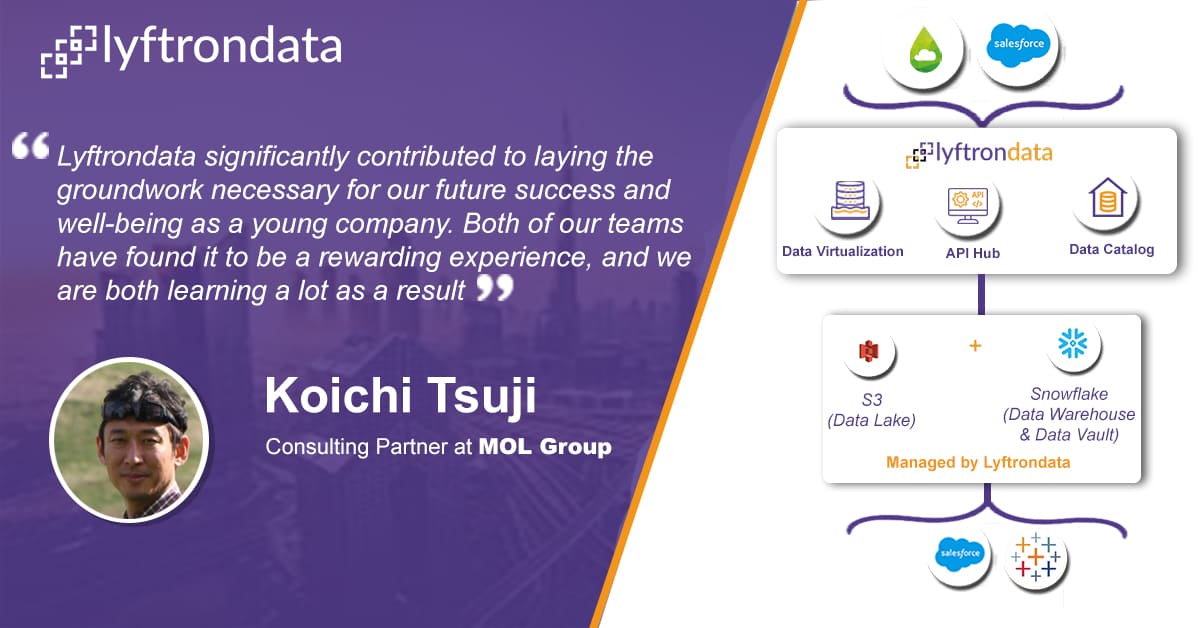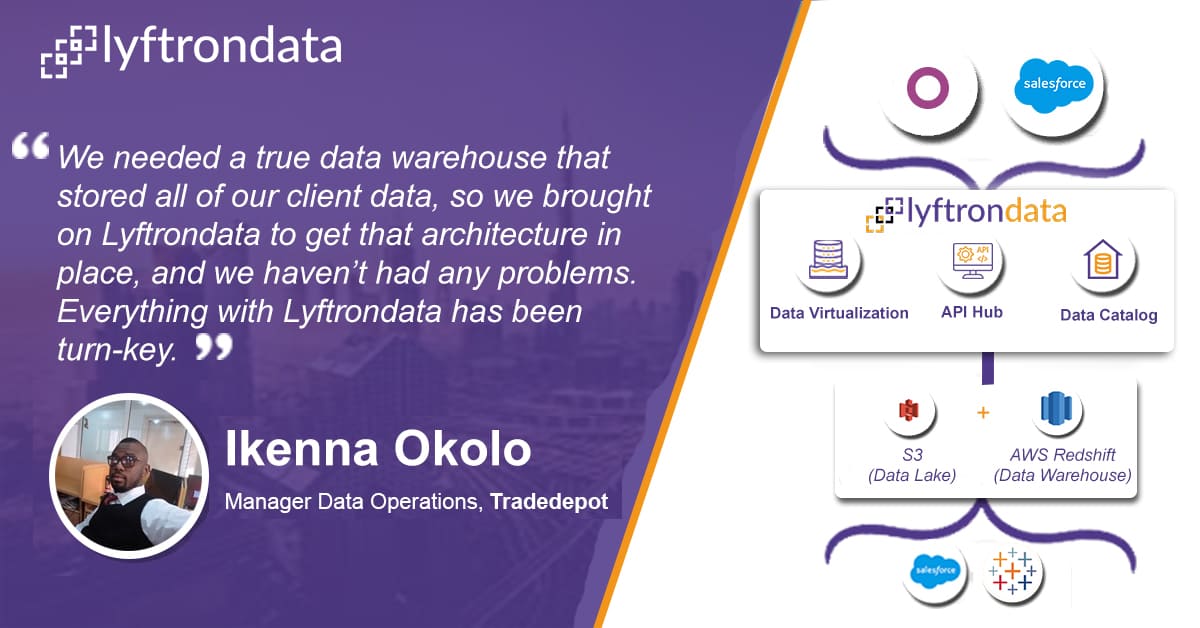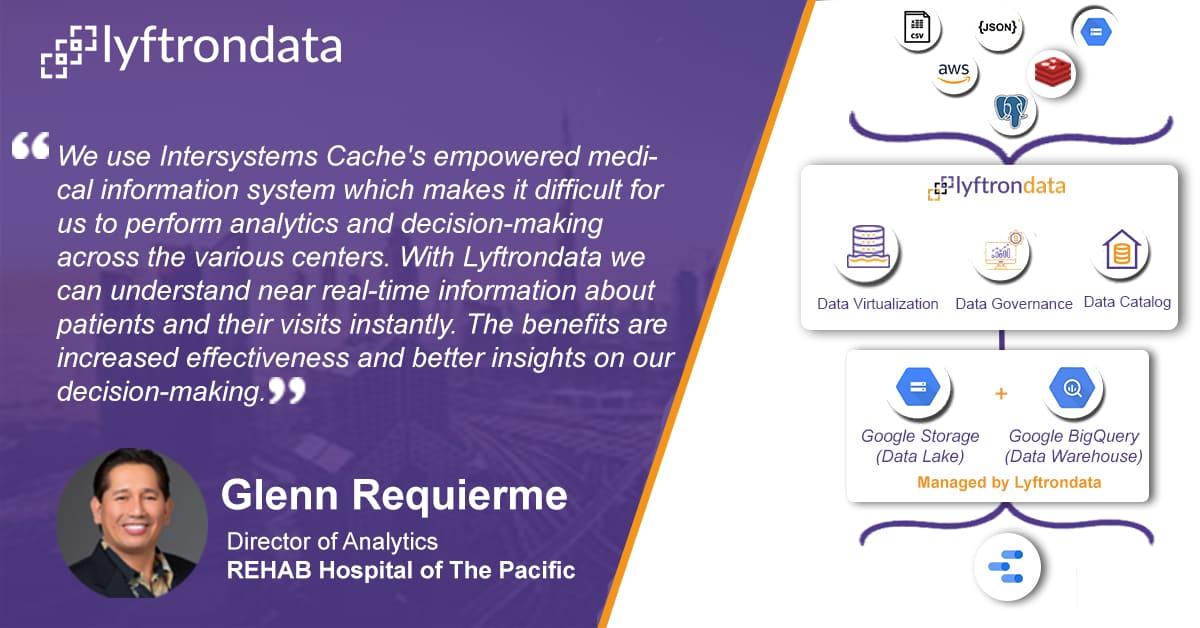200X Acceleration at
1/10th of the cost
Zero
maintenance
No credit card
required
Zero coding
infrastructure
Multi-level
security
Simplify Ingres integration in
4 simple steps
Create connections
between Ingres and targets.
Prepare pipeline
between Ingres and targets by selecting tables in bulk.
Create a workflow
and schedule it to kickstart the migration.
Share your data
with third-party platforms over API Hub
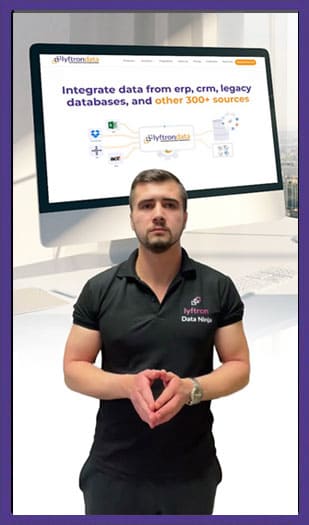
Why choose Lyftrondata for Ingres Integration?


Simplicity
Build your Ingres pipeline and experience unparalleled data performance with zero training.

Robust Security
Load your Ingres data to targets with end-to-end encryption and security.

Accelerated ROI
Rely on the cost-effective environment to ensure your drive maximum ROI.

Customer's Metrics
Track the engagement of your customers across different channels like email, website, chat, and more.

Improved Productivity
Measure the performance of your team and highlight areas of improvement.

360-degree Customer View
Join different data touch points and deliver personalized customer experience.
Hassle-free Ingres integration to the platforms of your choice
Migrate your Ingres data to the leading cloud data warehouses, BI tools, databases or Machine Learning platforms without writing any code.
Hear how Lyftrondata helped accelerate the data journey of our customers
FAQs
What is Ingres?
Ingres is an open-source relational database management system (RDBMS) that was originally developed as part of a research project at the University of California, Berkeley, in the 1970s. It has since evolved into a commercial product and open-source software, with various companies and communities contributing to its development over time.
Ingres stands for Interactive Graphics and Retrieval System and was one of the earliest relational databases, alongside Oracle and IBM's SQL-based systems. While Ingres has undergone several transformations over the decades, it is still in use today in some specialized environments.
What are the features of Ingres?
Relational Database Model:
SQL Support: Ingres fully supports SQL (Structured Query Language), making it suitable for managing structured data and running queries using standard SQL syntax.
Relational Data Handling: Ingres is designed around the relational data model, making it effective for handling structured data with relationships between tables.
High Availability and Reliability:
ACID Compliance: Ingres ensures data integrity by adhering to ACID (Atomicity, Consistency, Isolation, Durability) principles, which are essential for transaction management.
Concurrency Control: Ingres supports multi-user environments with effective concurrency control mechanisms, allowing multiple transactions to occur simultaneously without data corruption.
Data Security and Integrity:
Access Control: Ingres provides mechanisms for managing user permissions and controlling access to data.
Data Encryption: It supports data encryption, ensuring that sensitive data can be protected both at rest and in transit.
What are the shortcomings of Ingres?
Smaller Ecosystem and Community Support:
Limited Popularity: Ingres has a relatively small user base compared to major relational databases like Oracle, MySQL, or PostgreSQL. This limits the availability of third-party tools, libraries, and community-driven support.
Fewer Tutorials and Resources: Due to its smaller community, there are fewer online resources, such as tutorials, forums, and guides, making it harder for developers to find solutions to problems or optimize their use of Ingres.
Performance and Scalability:
Performance Bottlenecks: While Ingres can handle transactional workloads efficiently, it may not be as fast as other databases like PostgreSQL or Oracle in large-scale environments or with complex queries.
Scaling Issues: Ingres may struggle with horizontal scaling compared to newer RDBMSs and distributed databases that are built specifically to handle massive datasets and cloud-scale architectures. This can limit its usefulness in large-scale data environments.
Complex Administration and Maintenance:
Administration Challenges: Ingres can require specialized knowledge to manage effectively, particularly in large or complex environments. Compared to more user-friendly databases, it may need more manual tuning and oversight.
Fewer Automation Tools: There are fewer automated administration and monitoring tools available for Ingres compared to other RDBMSs, such as MySQL or SQL Server, which have a wide range of third-party and integrated tools.
Make smarter decisions and grow your sales with Lyftrondata Ingres integration





